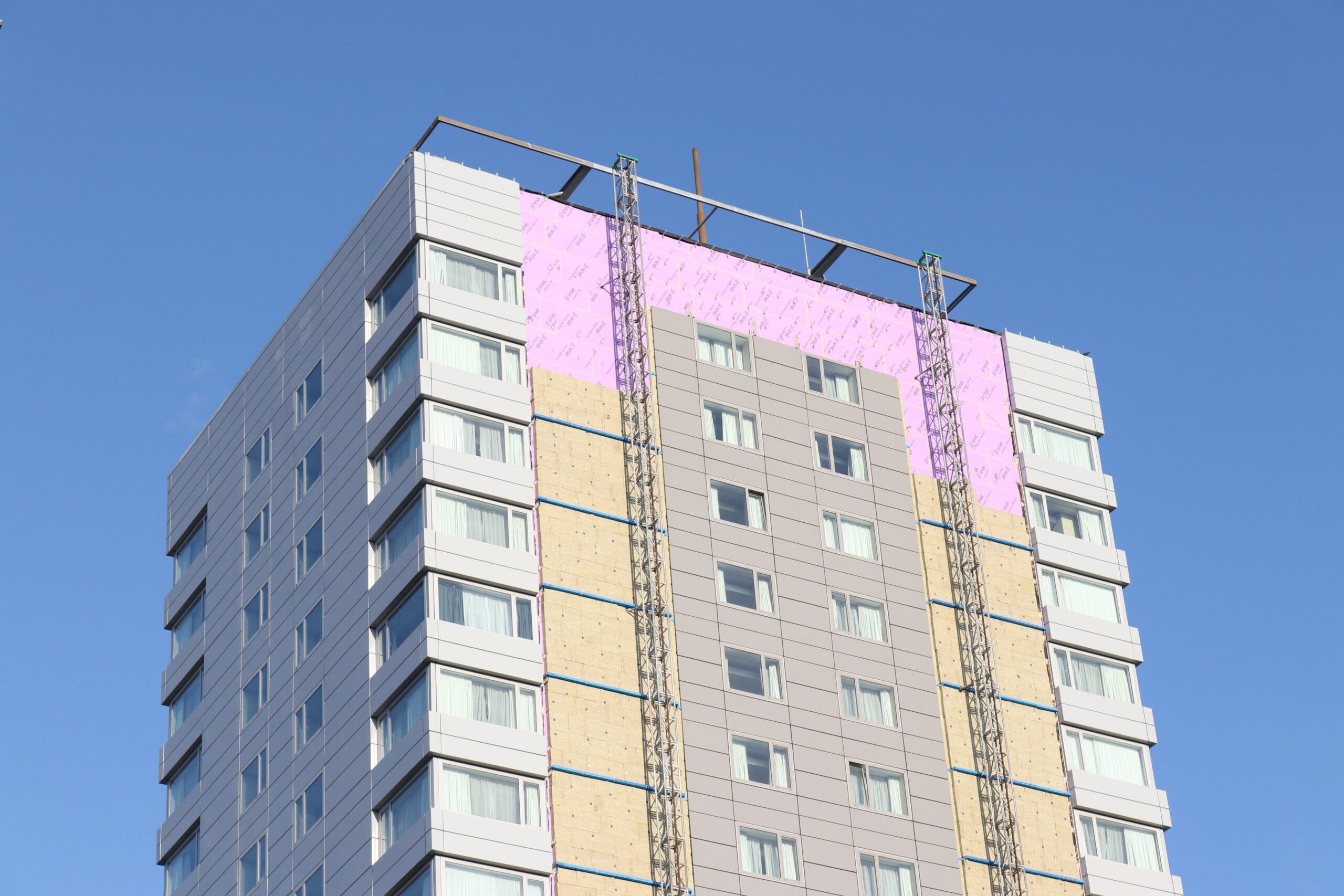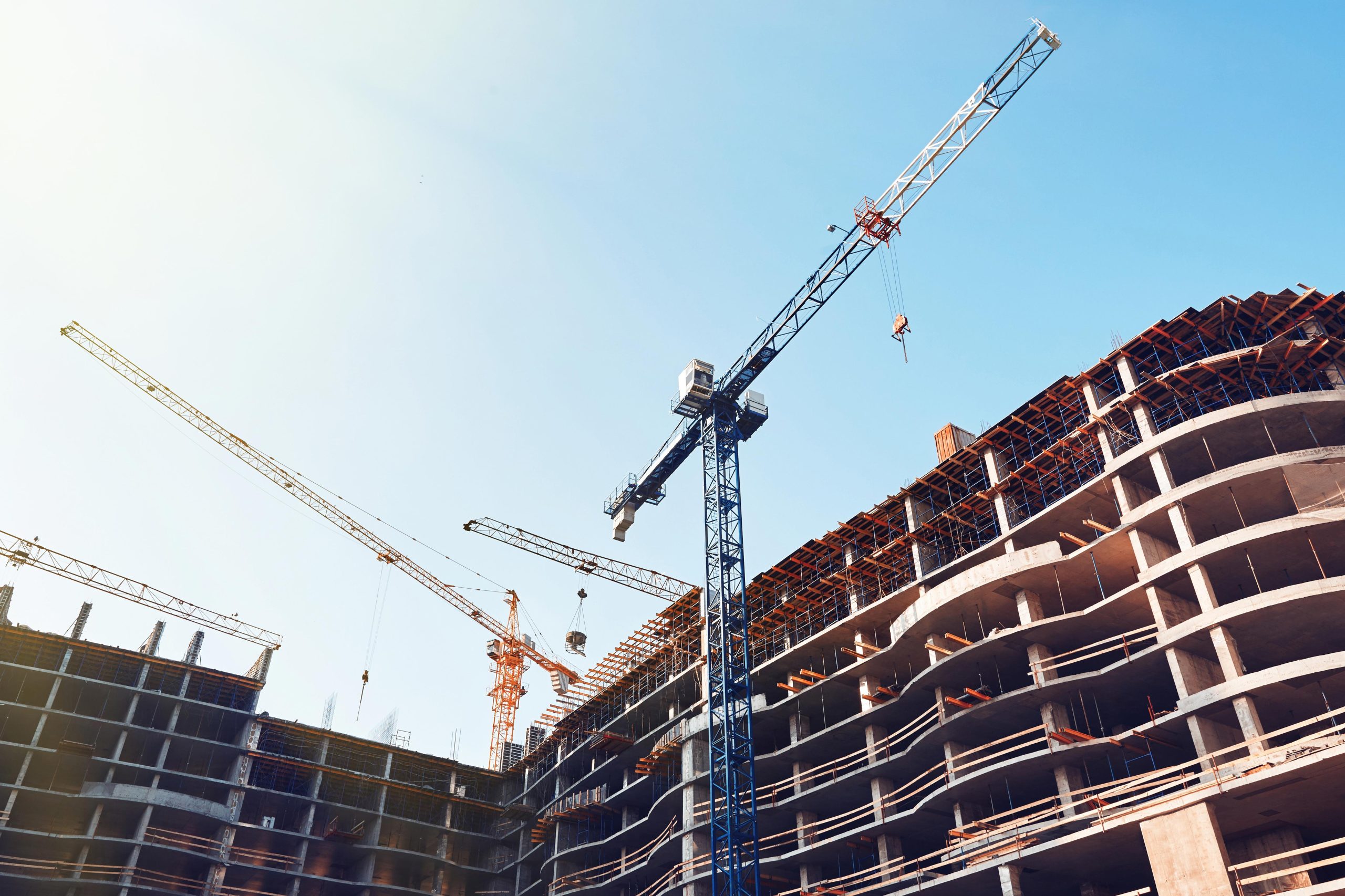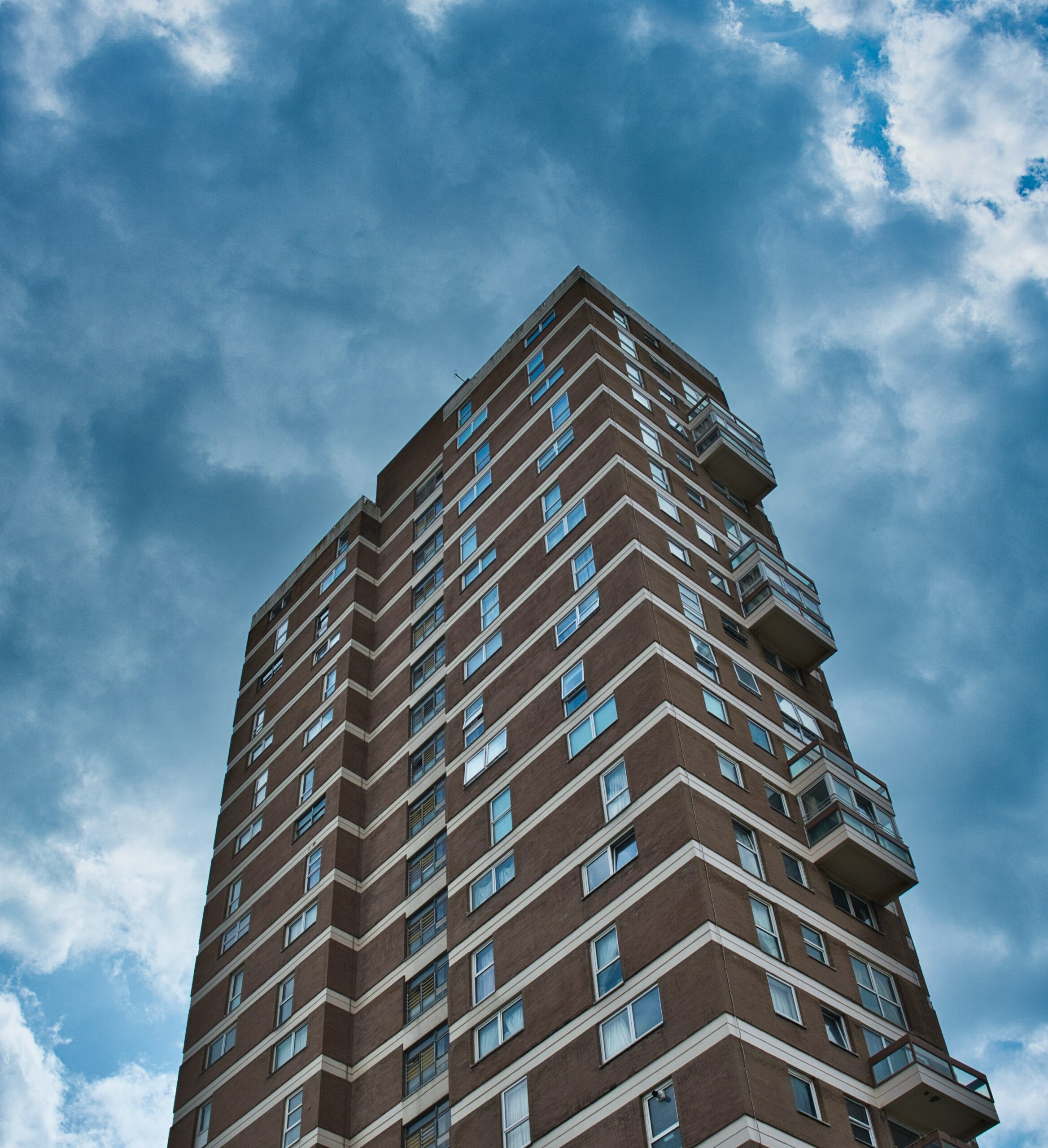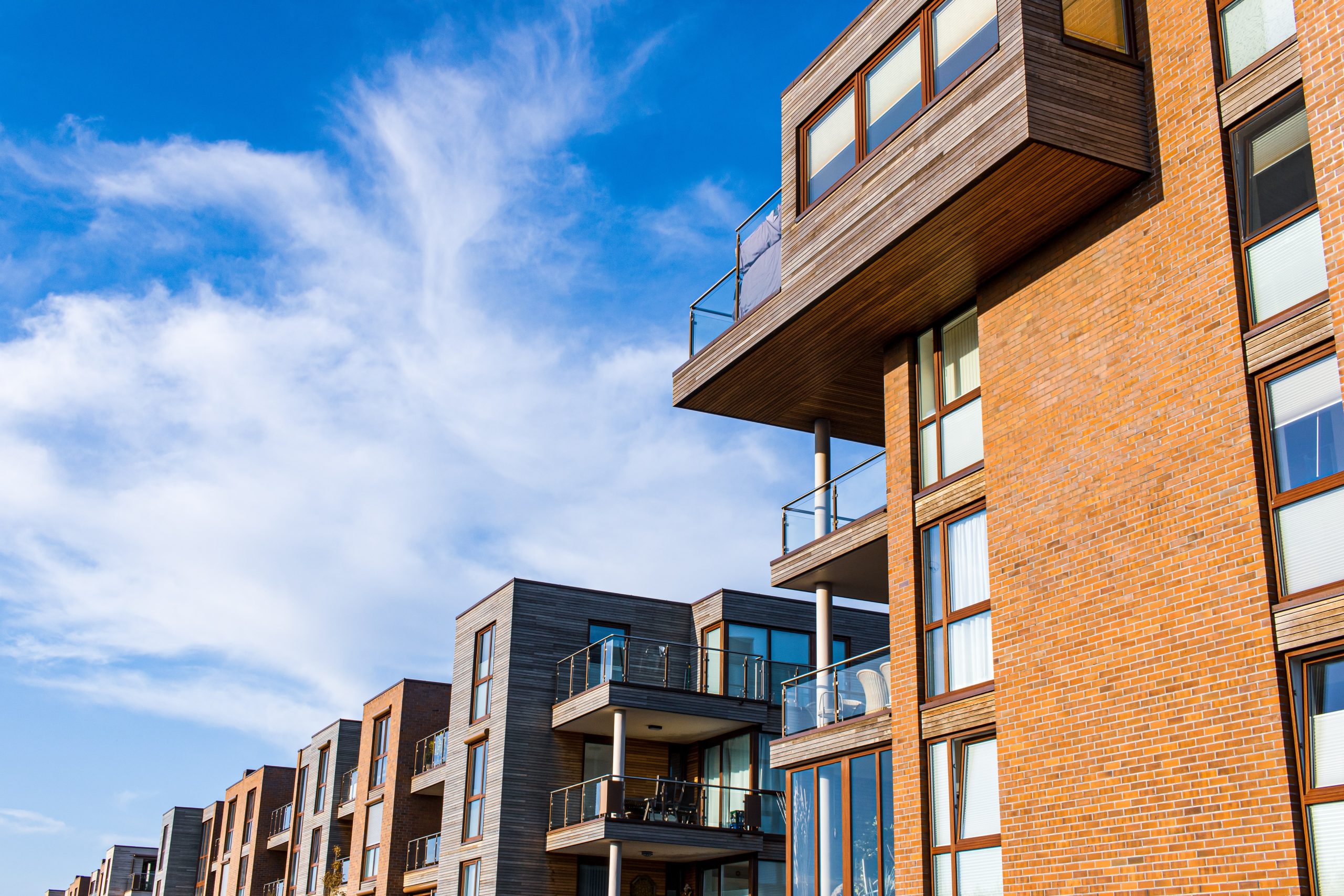On 28 June 2022, key provisions in the Building Safety Act to protect leaseholders came into force, with freeholders becoming financially liable, in law, for remediating historical fire safety defects.
Whilst most of these provisions should not be a surprise to informed managing agents and their freeholder and management company clients, Michael Gove’s ‘shot across the bows’ letter to the property management industry has caused some consternation.
Michael Gove, as the Minister for Levelling Up (before his abrupt removal from the role on 6 July 2022), had overall responsibility for leasehold reform and was a driving force behind the development of the Building Safety Act.
Late on 27 June 2022, Mr Gove’s department published and issued a letter ostensibly ‘highlighting’ the new legislation in the Building Safety Act.
In the letter, Mr Gove asserted that no freeholders and managing agents should issue service charge demands for fire safety work, or risk fines and potential imprisonment.
This blanket statement has caused much confusion and concern and has been unhelpful for both leaseholders and freeholders alike, and generally ignores the qualifying criteria set out in the Act:
- The Building Safety Act protects qualifying leaseholders living in buildings that are at least 11 metres tall, or with at least five storeys, from paying for building safety from the costs of remediating unsafe cladding.
- Qualifying leaseholders are those living in their own homes, or with up to three UK properties.
- If a freeholder developed the building, or is linked to the building’s developer, it is now illegal to pass on the cost of historical building repair works or the removal of cladding to any of their leaseholders, including non-qualifying leaseholders.
- There is also a ‘wealth test’ that will make it illegal for some freeholders to pass on any historical building safety costs to qualifying leaseholders.
- Leaseholders with non-cladding related issues will be protected by a cap on how much they will be asked to contribute – and for properties below a certain value (£325,000 in London and £175,000 outside London) there will be no costs payable.
Mr Gove’s letter appears to take a very broad-brush approach to a long (almost 300 pages) and complicated piece of legislation. Additionally, not all the provisions in the Act are yet in force, and much of it needs further work and/or secondary legislation.
More clarity needed
From a service charge perspective, the Act requires freeholders to meet a series of ‘transparency and financial reporting requirements’ before issuing new demands. These transparency and reporting requirements are still to be agreed by Parliament and, with a change in Levelling Up Minister just last week (Michael Gove out, Greg Clark in), we won’t be expecting a speedy resolution.
The headline-grabber from the Building Safety Act is arguably the new criminal liability for issuing demands for cladding costs, or for non-cladding costs when the developer or freeholder should be paying. Only time will tell what the true impact of these changes will be. And the liability is certainly not as wide as suggested in Mr Gove’s letter.
Commenting on Mr Gove’s blanket instruction to issue no demands, ARMA said:
There is a misconception that Government has said no leaseholder will pay for any remediation for any building. Regrettably, that is not the case. Not all leaseholders are currently protected from all costs and each building has its own unique challenges and funding routes.
We know however from conversations with our managing agent clients that Mr Gove’s missive is causing further confusion for your clients and leaseholders, and a lack of clarity for you in terms of how to fund current and future fire safety projects.
By way of example, many developments are dealing with breach of lease cases involving balconies and fire safety, where leaseholders are having barbeques or leaving balconies cluttered with flammable materials. These types of cases are nothing to do with cladding or remediating historical defects, and building owners and their managing agents need to be able to continue to progress the cases for the benefit of all leaseholders.




